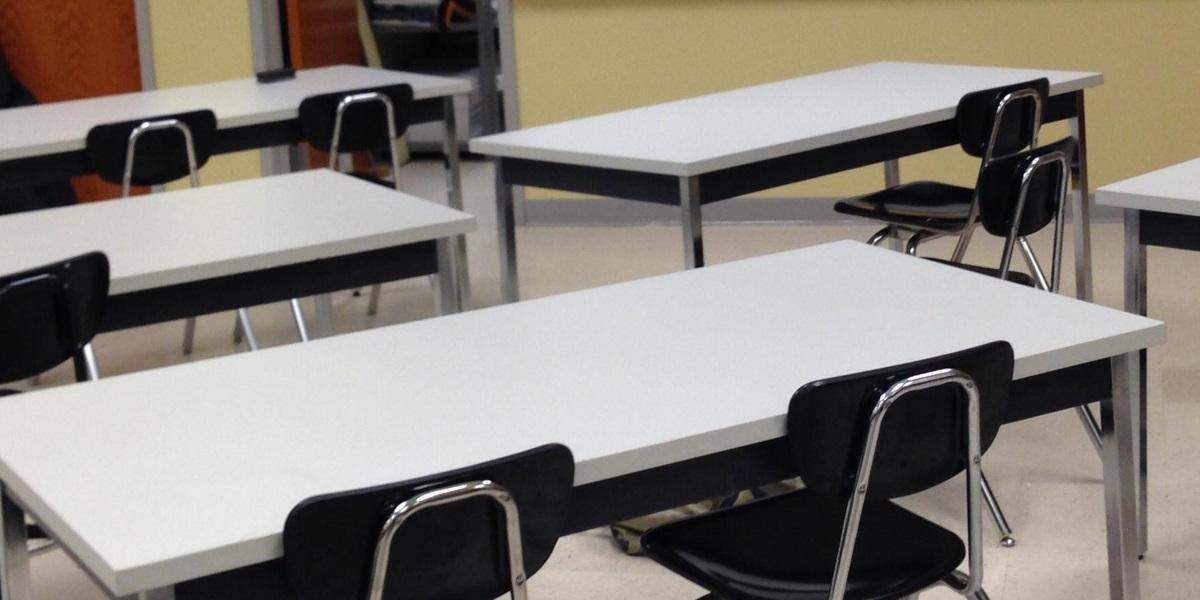Raising Teacher Pay Could Strain Some School Districts

In his State of the State address, Gov. Brian Kemp called the raises an effort to “recruit and retain the best and brightest in our schools.”
Martha Dalton / WABE
Gov. Brian Kemp has proposed raising teachers’ salaries by $3,000 next year. The state will pay for the raises through the Quality Basic Education (QBE) formula. The formula funds a set number of teachers at each school. So, the state will fund raises for those positions.
Stephen Owens, a policy analyst with the Georgia Budget and Policy Institute, said some districts hire extra positions that won’t be included in the state’s figures.
“If you hire additional teachers…to have more teachers for your student population, then they’re being paid from local money,” Owens said. “Those are teachers that will also expect a raise, and I believe rightly so. But that’s money that has to come from somewhere.”
Owens said it could be a challenge for some small or rural districts to find the local revenue to cover the raises.
“We could raise millage rates, but what do you do with your districts that aren’t back from the recession?” he said.
Owens said districts also have to cover retirement costs that accompany the raises, which comes to about $600 per teacher. He spoke at GBPI’s Insights Policy Conference Friday. There, Owens led a discussion with State Schools Superintendent Richard Woods and asked him about the raises.
“It’s a really welcomed opportunity for us,” Woods said. “Definitely showing that our teachers are appreciated and valued does a lot and signals a lot. And hopefully, it will allow us to keep some of those teachers who leave early on as well.”
The Georgia Department of Education estimates 44 percent of the state’s public school teachers leave the profession within five years. In his State of the State address, Kemp called the raises an effort to “recruit and retain the best and brightest in our schools.”
Teachers groups have applauded the move. And despite the gratitude Woods displayed on Friday, earlier in the week he said some school leaders are worried they won’t be able to afford the raises without cutting other positions.
“Some of the discussions I’ve had, ‘Will that mean actually a reduction of people to help meet those costs?’” Woods said. “I think we have to look at that collectively, looking at, ‘What is the tax base for rural areas or declining areas?’ That’s a big issue.”
Ted Beck, Chief Financial Officer at the Georgia Department of Education, indicated that declining populations may be the new normal for some Georgia districts.
“We’re seeing slow growth or not any growth in terms of the number students inside the K-12 system in the state,” Beck told legislators at a budget hearing Tuesday. He said two-thirds of Georgia’s school districts have lost students over the last five years.








